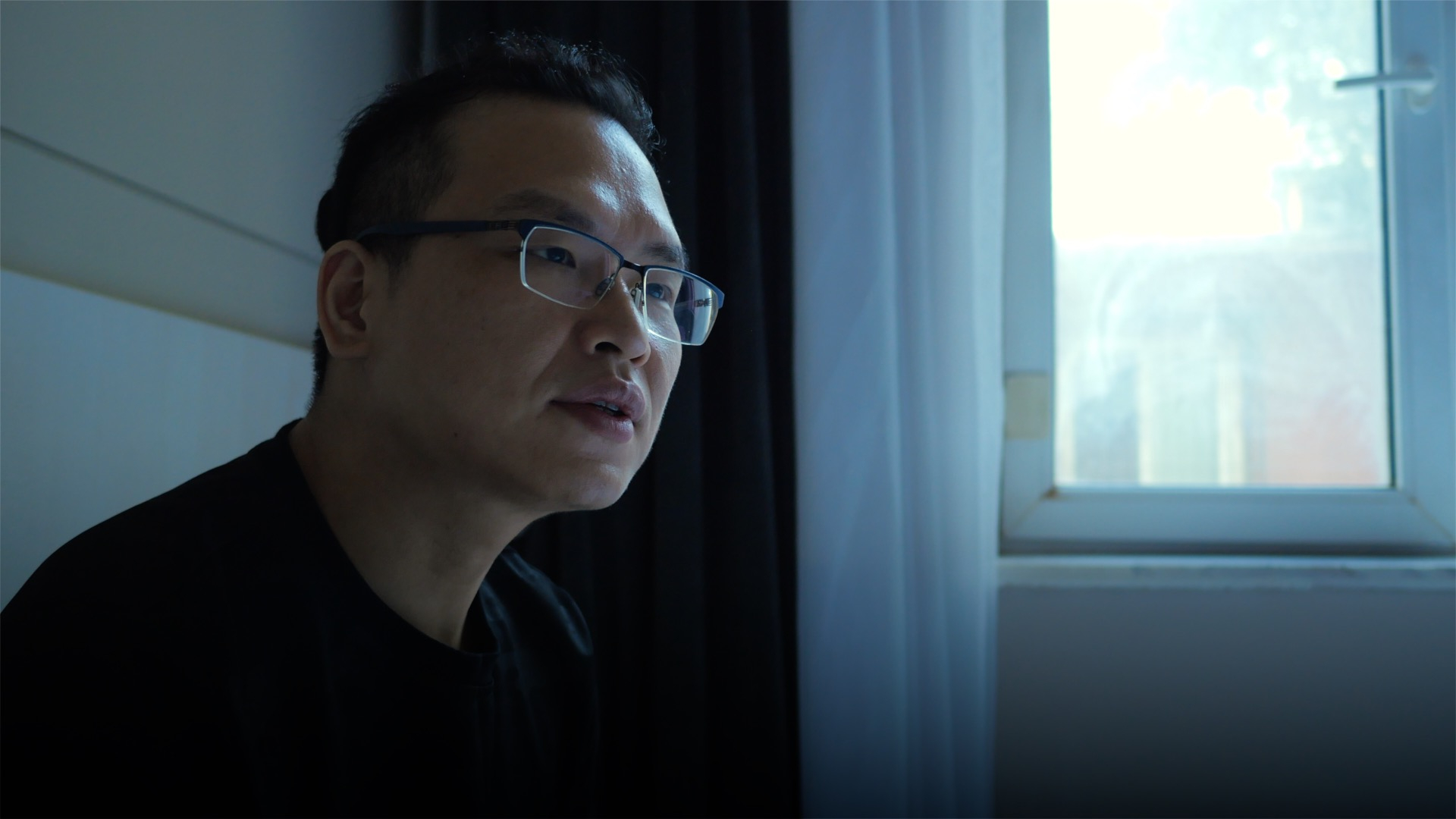
Sign language lawyer Tang Shuai (Photo: CGTN)
There are over 20 million deaf people in China.
The deaf community is the country's largest disabled group at around 1.67 percent of the population – yet its profile is low.
“Many have ignored this group, and their social needs,” sign language lawyer Tang Shuai told CGTN. "Ignorance means a large gap between the deaf community and the rest of society. But their needs are very urgent.”
The past week marked the International Week of the Deaf – deaf people from all over the world held meetings and activities, discussing the living situation of the deaf-mute community, sharing experiences and seeking social help and solutions.
This was a week for the world to listen to the needs of deaf people.
"With Sign Language, Everyone is Included!” was the theme of International Week of the Deaf in 2018. It encourages deaf people to use sign language in public, because this is a culture that belongs to the deaf community and an ability no one should be ashamed of.
However, deaf people face a dilemma in China – when to use standard sign language and when to use natural sign language.
"Sign language interpreters in the legal system use official sign language, but many deaf people use a less standard form. The two sign languages are completely different,” lawyer Tang told CGTN by way of an example, explaining the obstacles deaf people face in the court.
Communication problems can also cause medical confusion for deaf people, as they cannot always have a clear conversation at a hospital – especially when a doctor wears a mask, hiding his or her mouth.
"They feel ashamed of being deaf,” claimed Su Qing, a documentary director who focused on the deaf community. “They can hardly find a job as they are deaf.”
In China, there are fewer than 10 colleges open to deaf people. Even for those who gain college entry, they have very limited course options and graduate with lower course demands.
"They cannot find jobs after graduation, as they are not competitive at all,” said Su Qing.
To help deaf-mute people find work, China issued laws for guaranteeing equal rights and protection for people with disabilities, calling on corporations to hire more disabled people.
"Many deaf people have difficulties, but they keep it to themselves,” said Wei Jingyang, a deaf dancer from China's Disabled People's Performing Art Troupe. “They never talk, so others in society do not know how to help.”
"In the future, to all the deaf people, if you have any difficulties, please speak out,” urged Wei. “Only when you speak out, will people come and help.”


